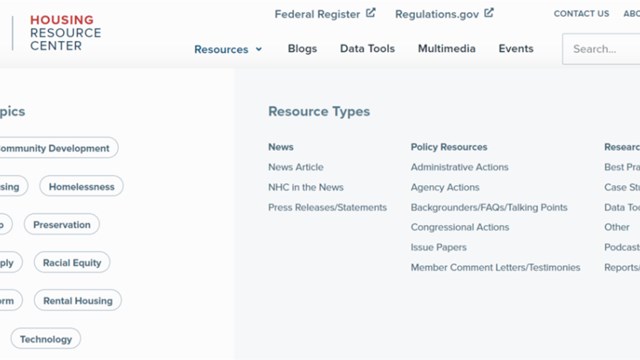In New York State, cooperative corporations are governed by the New York Business Corporation Law (BCL), a piece of legislation that dates back to 1890 and is considered a very influential model for U.S. corporate law. The BCL contains 20 sections that cover all aspects of corporate life and functions, including shareholder rights, the duties of directors and officers, amendments, judicial dissolution, and receivership, to name a few.
“The BCL deals with all corporations,” says Julie Schechter, a partner at Montgomery McCracken Walker & Rhoads, a law firm based in Manhattan that does extensive work with co-ops. “A company like Microsoft has to follow the same rules [as] a 20-unit co-op in Brooklyn. Obviously, running Microsoft is not the same business, but they all have to follow the same rules because co-ops are corporations.”
What Parts of the Law Matter Most to Co-ops?
Mark Hakim, an attorney with Schwartz Sladkus Reich Greenberg Atlas in New York City, believes the two most important provisions of the BCL for co-op corporations are Article 6, which refers to generally shareholders’ rights, and Article 7, which pertains to the management of the corporation and the rights and responsibilities of its officers and directors.
“Article 6 of the BCL governs some of the most basic operations,” he says, “including regular and special meetings of the directors and shareholders; voting rights, including limitations; shareholders’ right to inspect the books and records of the corporation; and actions to challenge a board’s decisions. Article 7 of the BCL deals with the management of the corporation and the rights and responsibilities of its officers and directors, including the meetings of the board, actions by the board, removal of officers and directors, indemnification, interested directors, and time, place and notice of meetings.”
To provide some more specific examples: under Article 6, Section 601 pertains to bylaws; Section 609 to proxies; Section 614 to voting; and Section 624 to books and records. Under Article 7, Section 717(a) refers to challenging a board decision; Section 706 covers the removal of directors; Section 711 outlines notices for meetings; and Section 716 lays out the rules for removal of officers (To take a more in depth look at the BCL, click here).
The BCL is sort of the ‘bible’ of co-op law. Says Hakim: “Whether we are dealing with the daily questions of what documents and records shareholders are permitted to review; what to do if a co-op has not called a meeting as required; how to challenge a board’s actions; the form or legality of a proxy; the removal of a director; or the potential liability of a director, we turn to the specific corporation’s bylaws and simultaneously to Articles 6 and 7 of the BCL for guidance.”
How Much Does a Board Member Need to Know?
Given that board members are typically volunteer officers, the question arises as to what parts of the law are most important for them to be familiar with, if any. “It’s a lot to ask of someone in a volunteer position to have an in-depth knowledge and understanding of the idiosyncrasies of a very complex law," Schechter says. "That’s what lawyers are for. If everyone understood all the language in the BCL and how to apply it, I’d have no job. A general understanding, though, is always appreciated.”
The BCL is both an old and complex document. For a member of a board or even as a shareholder in a co-op, some familiarity with the law is beneficial. In reality, though, as the old adage says, “A man who represents himself has a fool for client.” A little knowledge is a good thing, but let your attorney take the lead when it comes to the BCL.
AJ Sidransky is a staff writer at The Cooperator, and a published novelist.







Comments
Leave a Comment